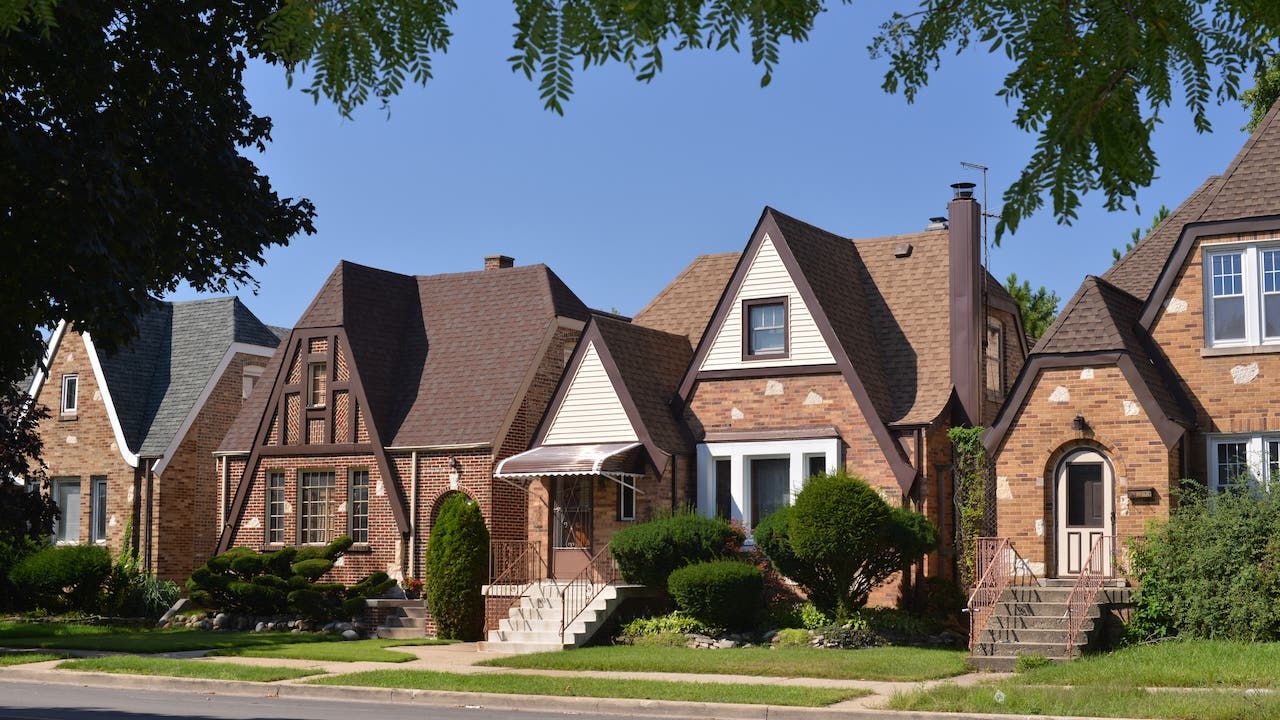How to sell a house by owner in Illinois

Interested in selling your home in the Prairie State without the help of a Realtor? It’s certainly doable, and you won’t have to pay a costly commission fee to an agent for creating and marketing your home’s listing. But taking this journey solo means you’ll have to do all that work yourself, which can be taxing — and might even be risky if you don’t understand the process well.
Before delving into a “for sale by owner” (FSBO) sale, you’ll need to learn a lot about Illinois state laws and regulations, as well as the local housing market in your specific city or town. If you’re wondering how to sell by owner in Illinois, here are some important factors to consider.
Selling a house without a Realtor in Illinois
There are several key steps in the process of selling your home without the help of a pro, in Illinois or any other state. A FSBO sale means that you as the seller are taking on a multitude of tasks, ranging from determining an appropriate asking price to managing showings and negotiating contract terms. The process can be broken down into these three broad steps:
1. Create the listing
When creating your home’s listing, it’s important to craft a captivating description that highlights its key features. Include basic info, such as its square footage, lot size, age and number of bedrooms and bathrooms — and also include any unique features, like a swimming pool, a barn or a view of Lake Michigan. If you’ve recently renovated, detail exactly what was done. School district information and proximity to amenities like shopping is also useful.
Accompanying your listing description with high-quality photos and videos is imperative. A full 100 percent of house-hunters use the internet to search for homes, according to data from the National Association of Realtors — so you want listing photos that make buyers stop scrolling and pay attention. Investing in professional photography can significantly enhance the appeal of your property and attract more potential buyers.
The most critical aspect of your listing, though, is the asking price. Conducting research on comparable properties or “comps” in your area can help you arrive at an appropriate price. Look at what similar homes in your neighborhood have sold for recently, and compare them to yours. Try to be as realistic and objective as possible, without letting any personal nostalgia or attachment creep in to skew your view — a price that’s unrealistically high will make house-hunters scroll right past your listing without even considering it.
2. Market your property
Once you have a listing for your property, promoting it is the next step. There are several FSBO services that will list your home on your area’s MLS for a flat fee: Look into sites like FSBO.com and Beycome, or more local options like Illinois Flat Fee and Prello Realty. Many of these companies offer tiers of service that can include things like pro photography and yard signs, as well.
Posting online and on social media platforms can also expand your home’s visibility with potential buyers. However, use caution with the information you share online, especially if you still live there. You’ll need to arrange and coordinate in-person showings, which means allowing strangers into your home, so be careful not to put yourself into any unsafe situations.
3. Close the deal
Consider your comfort level with negotiation when offers are being made. Many buyers might not start at full asking price, so you’ll need to think about the minimum you’re willing to accept, and whether or not you’re willing to offer seller concessions, like offering to pay some of your buyer’s closing costs. (This is not required but is very common — you don’t want to let the entire deal fall through over a relatively small expense.)
In addition, while Illinois does not legally require you to hire a lawyer to sell your home, an experienced local real estate attorney will be a big help for FSBO sellers. Contracts and other legal paperwork can be complex, and with so much money on the line, it’s worth it to make sure your interests are protected throughout the transaction.
Required disclosures for Illinois home sellers
Without a Realtor to walk you through the process, you’ll need a thorough understanding of what’s legally required of you as a seller. In Illinois, home sellers must fill out a “residential real property disclosure report,” which details the property’s condition and any known defects. Disclosures for lead paint, radon and flood risk may also be required. If your property is part of a homeowners association, you’ll also have to provide the buyer with the HOA’s financial info and bylaws.
Do I need a lawyer to sell a house by owner in Illinois?
No, Illinois law does not require home sellers to hire an attorney, regardless of whether a Realtor is involved in the transaction. However, think carefully before opting to sell without professional representation. Real estate regulations, contracts and paperwork are complex, and given the substantial financial implications involved, errors can be costly. Having a lawyer draw up your contract and handle the paperwork ensures the transaction’s legality while safeguarding your interests.
Pros and cons of selling a house by owner in Illinois
FSBO transactions can work very well for experienced sellers who feel confident in their understanding of the process. However, there can be notable drawbacks, especially for newcomers.
Pros
- Commission savings: Real estate commissions typically total somewhere between 5 and 6 percent of a home’s sale price, which gets split between the seller’s agent and the buyer’s agent. If you sell your home for $350,000, for example, 6 percent comes to $21,000 — so if you sell with no agent, you save half of that, or $10,500. You’ll still have to pay the buyer’s agent their half.
- Expedited process: Realtors often manage multiple clients at once, which can lead to scheduling delays and prolonged response times. With a FSBO sale, you don’t need to wait on anyone else to answer questions or get things done.
- Autonomy: Selling independently means you’re in charge — you have full control over decision-making and can handle everything exactly as you like.
Cons
- No expert guidance: Real estate agents are licensed pros with specialized knowledge of their local markets. Without this expertise, sellers must independently determine their home’s value, create effective marketing strategies and navigate the intricacies of the closing process all on their own.
- Restricted potential buyers: Real estate agents actively promote their properties, both to the public and to each other. Without this help, FSBO listings may receive limited exposure, reducing the number of potential buyers.
-
Possibility of lower price: Whether it’s due to a lack of experience or a lack of market knowledge, FSBO sales often garner lower prices than agent-assisted sales. According to a recent survey by Clever Real Estate, sellers who used an agent averaged $46,603 more in profit than those who did not.
FAQs
-
Yes. You are not required to work with a real estate agent to sell your home in the state of Illinois. But if you go it alone, be ready for a lot of work: “For sale by owner” transactions require the seller to list, market, show and negotiate the sale of the property all on their own.
-
No, you are not required to hire a lawyer to sell a home in Illinois. However, it’s smart to anyway, especially if you’re selling without a Realtor. A local real estate attorney can ensure that your legal rights are protected and that contracts, legal documents and other paperwork are properly handled.
Why we ask for feedback Your feedback helps us improve our content and services. It takes less than a minute to complete.
Your responses are anonymous and will only be used for improving our website.






